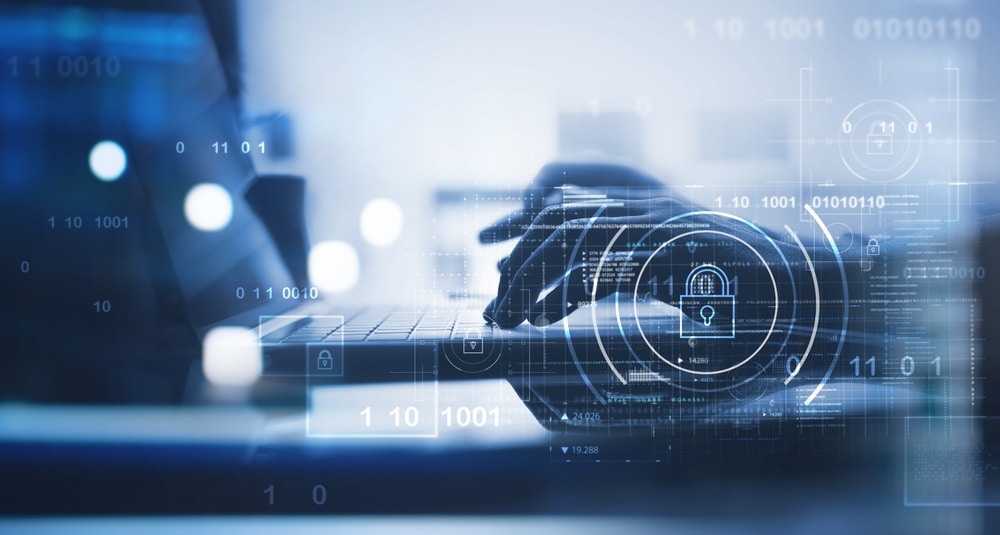Are you considering a post graduate course in Data Protection in Law & Computing? Data protection refers to the laws, policies, and procedures that aim to protect personal or sensitive information from unauthorized access and misuse.
Data Protection in Law and Computing
Legal Aspects
- Data protection laws regulate how personal data can be collected, processed, stored, shared, and destroyed.
- Key principles include transparency, purpose limitation, data minimization, accuracy, storage limits, integrity, and confidentiality.
- Major data protection laws include the EU’s GDPR and California’s CCPA for consumer privacy rights. Industry-specific regulations also exist.
- These laws impose compliance requirements for handling personal data and punishments for violations like data breaches.
- Individuals’ consent is typically required for data collection and use. They have rights to access, correct and delete their personal data.
Technical Aspects
- Data protection in computing refers to the technological safeguards for securing sensitive data.
- Methods include encryption, tokenization, access controls, network security, anonymization, and physical controls like locked facilities.
- Security tools like firewalls, VPNs, malware protection, and intrusion detection systems help protect networks and endpoints.
- Cloud providers and apps may offer additional data security features like customer-managed encryption keys.
- Organizations appoint Data Protection Officers to ensure compliance and respond to data incidents.












Comments